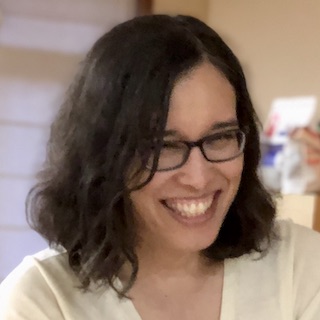
- This event has passed.
CIS Seminar:”Critical Computing Education
November 10, 2020 at 3:00 PM - 4:00 PM
Computing can be a wondrous, powerful tool, bringing us information, experiences, and connections that transform our lives for the better. However, as many of us have learned, computing has also contributed to great injustices, increasing surveillance of our most vulnerable populations, eroding the middle class through economic displacement, and amplifying historical injustices embedded in society. In this talk, I discuss our responsibility as scholars to engage both the powers and perils of computing in our research, teaching, and service. I specifically focus on three sources of injustice that are missing from computing literacy: the limits of computing, the limits of data, and the responsibility of computing professionals to center these limits in their work. Throughout, I highlight recent discoveries from my lab as examples for how to engage these topics through research, and end with ideas for how the audience can engage in their own research, teaching, and service.

Amy Ko
Professor, University of Washington Information School
Amy J. Ko is a Professor at the University of Washington Information School and an Adjunct Professor at the Paul G. Allen School of Computer Science and Engineering. She directs the Code & Cognition Lab, where she studies human aspects of programming. Her earliest work included techniques for automatically answering questions about program behavior to support debugging, program understanding, and reuse. Her later work studied interactions between developers and users, and techniques for web scale aggregation of user intent through help systems; she co-founded AnswerDash to commercialize these ideas. Her latest work investigates effective, equitable, scalable ways for humanity to learn computing, including programming languages, APIs, programming strategies, design, and machine learning. Her work spans more than 100 peer-reviewed publications, 11 receiving best paper awards and 4 receiving most influential paper awards. She is an ACM Senior Member, and member of ACM SIGCHI, SIGCSE, and SIGSOFT. She received her Ph.D. at the Human-Computer Interaction Institute at Carnegie Mellon University in 2008, and degrees in Computer Science and Psychology with Honors from Oregon State University in 2002.
